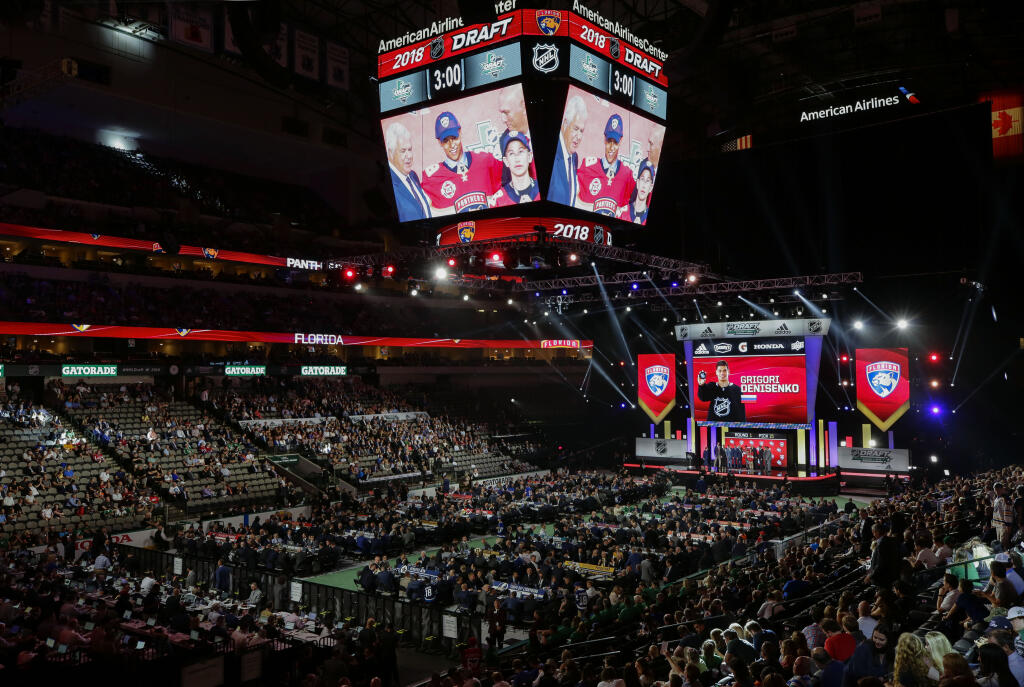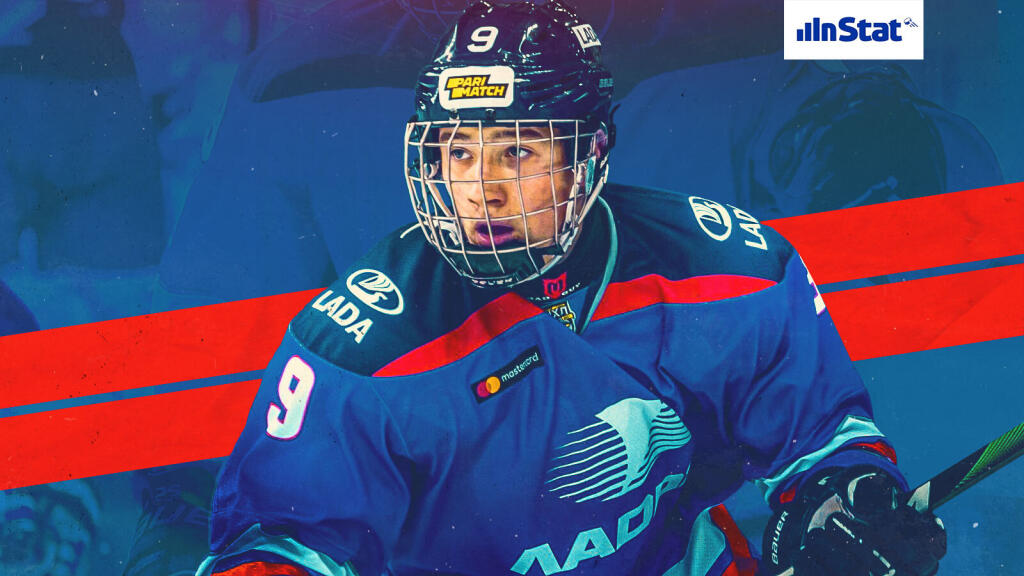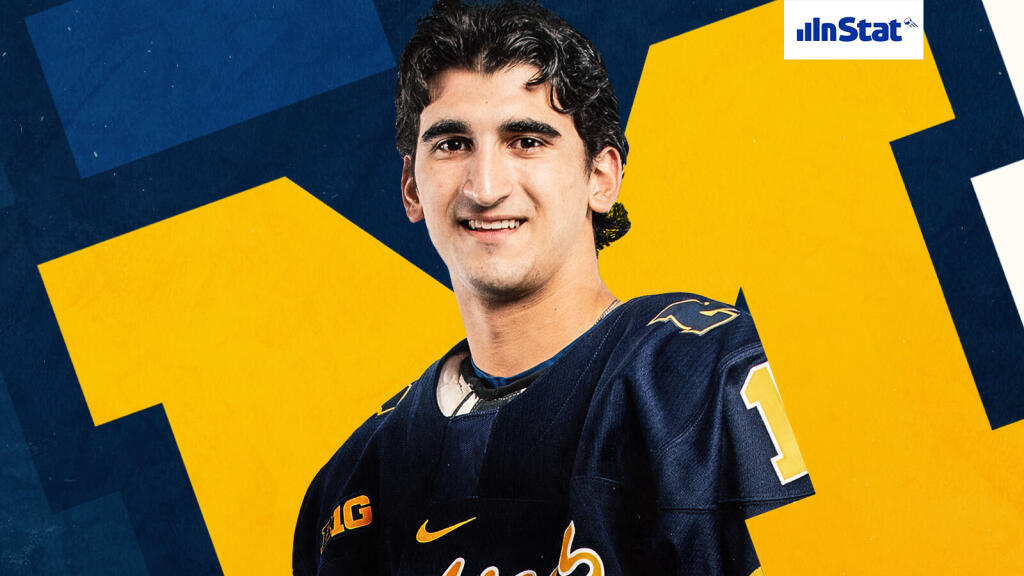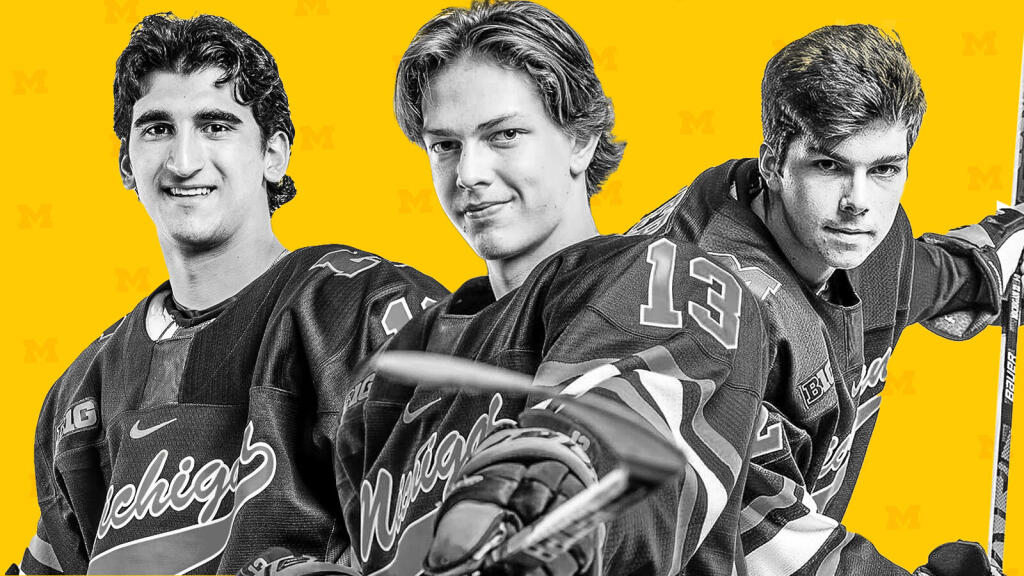The NHL announces structural changes to the Draft Lottery process

The question had to be asked: What if the league could do that but worse?
Today, the NHL looked down on its constituents, and answered, "got it!"
The @NHL announces changes to #NHLDraft Lottery format. https://t.co/8GnyhvOg8n pic.twitter.com/kCiQNFPRTj
— NHL Public Relations (@PR_NHL) March 23, 2021
There are a few critical components that bear mentioning.
The first is that the NHL will limit the number of lottery picks to two rather than the three of seasons prior -- it's the first and second overall picks that are up for grabs, and the third overall pick is now out of that picture. That will prohibit the league's worst team from falling any further than third overall.
There is also a new "Move-Up Limitation" in place, prohibiting any of the league's member clubs from moving any more than 10 spots in the draft. So, for example, the first overall pick in any given draft is only determined by the draft lottery for the league's 11 worst teams rather than the 16 of the last few seasons.
The third and final stipulation is that no team will be able to win the draft lottery more than twice over a five-year span.
Now, you might be asking what this new formula accomplishes, and that's probably the correct instinct.
The limitation on lottery picks may as well bear Detroit Red Wings general manager Steve Yzerman's signature, and I suspect we'll come to call it "The Red Wings rule," colloquially in the years that follow.
It's the classic example of the league enthusiastically reaping, and lamentingly sowing.
The introduction of a lottery draw for the first three picks was supposed to disincentivize tanking -- that's the guiding principle behind any structural changes to the draft -- and if that's the stated goal, then fair enough. That seems like at least a somewhat reasonable balance between maintaining the draft's primacy as a levelling mechanism without sacrificing the integrity of the on-ice product.
Then the Red Wings finished 31st last season and picked fourth overall in this past October's draft for their troubles; the exact same thing that happened to the Colorado Avalanche in 2017. This, of course, couldn't stand. That rule, it seems, was a little too effective for the NHL's liking; I mean, they didn't actually expect the exact thing the previously ascribed to rules allowed for would take place, did they?
Likewise, the NHL's decision to limit the number of spots a team can ascend in the lottery to 10 doesn't strike me as particularly meaningful in any sense. Does it disincentivize tanking? Nope! Does it further the institution's role as a levelling mechanism? Nope!
The third adjustment really kills me, though. You know, the one about how often a team can win the lottery.
Before you ask: This doesn't apply to a team that finishes last or second-last and picks in their prescribed spot. That's not a lottery win. This just applies to a seventh or ninth-place team winning the lottery. They can't do that more than twice.
Good luck explaining this to the casual hockey fan. This new format's only discernable achievement is to make a sometimes arcane sport on its peripheries even more inaccessible to anyone who isn't already on their fourth subscription for hockey content. You know, the exact people that the league is trying to court.
What isn't especially clear to me is why the NHL can't just grant the best pick to its worst team? Or why tanking is bad for the sport and needs to be addressed in the first place?
The draft is nothing if not a mechanism for parity; the great leveller for small-market and budget teams who can't otherwise attract or retain top-of-the-lineup talent. Insofar as it has to exist -- and let's be real, it's as coercive and vile a labour mechanism as professional sports has to offer, so that's a worthwhile question -- that should be its guiding principle.
One could hardly blame you if today's news obscured that point to such a degree that you're left wondering what purpose the draft or its lottery serves at all.
 2021-02-15, 21:45NHL Entry Draft 2021Film Room: Fyodor Svechkov just might be the 2021 NHL Draft's best defensive forwardDavid St-Louis takes you into the Film Room™️ with today's article, a look at Fyodor Svechkov and why he just might challenge Matthew Beniers for the distinction as the 2021 draft's premier defensive forward.
2021-02-15, 21:45NHL Entry Draft 2021Film Room: Fyodor Svechkov just might be the 2021 NHL Draft's best defensive forwardDavid St-Louis takes you into the Film Room™️ with today's article, a look at Fyodor Svechkov and why he just might challenge Matthew Beniers for the distinction as the 2021 draft's premier defensive forward. 2021-02-12, 16:00NHL Entry Draft 2021Film Room: An examination of Matthew Beniers' mature, two-way game, and what it offers at the 2021 DraftEliteProspects' Dir. of North American Scouting, Cam Robinson, takes you into the Film Room™️ to review Matthew Beniers' game, and why he's looking like a top-10 pick in the 2021 NHL Draft.
2021-02-12, 16:00NHL Entry Draft 2021Film Room: An examination of Matthew Beniers' mature, two-way game, and what it offers at the 2021 DraftEliteProspects' Dir. of North American Scouting, Cam Robinson, takes you into the Film Room™️ to review Matthew Beniers' game, and why he's looking like a top-10 pick in the 2021 NHL Draft.


